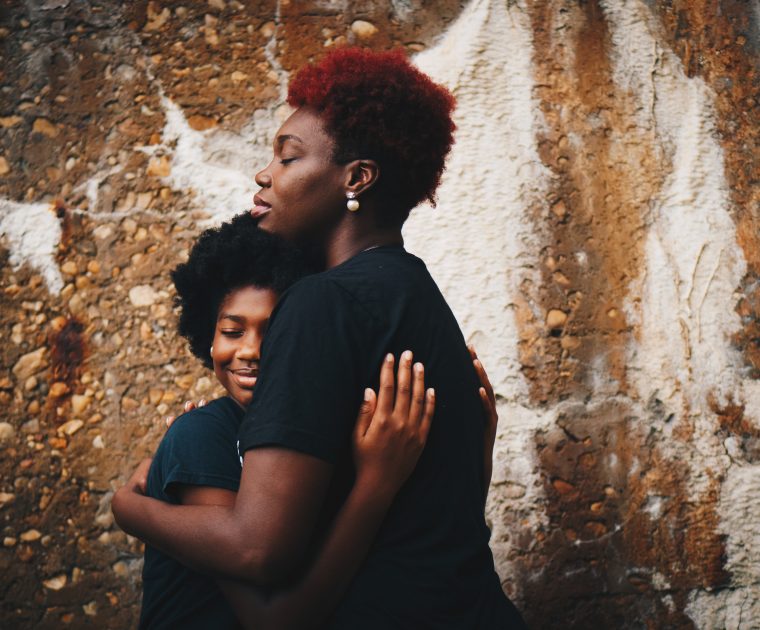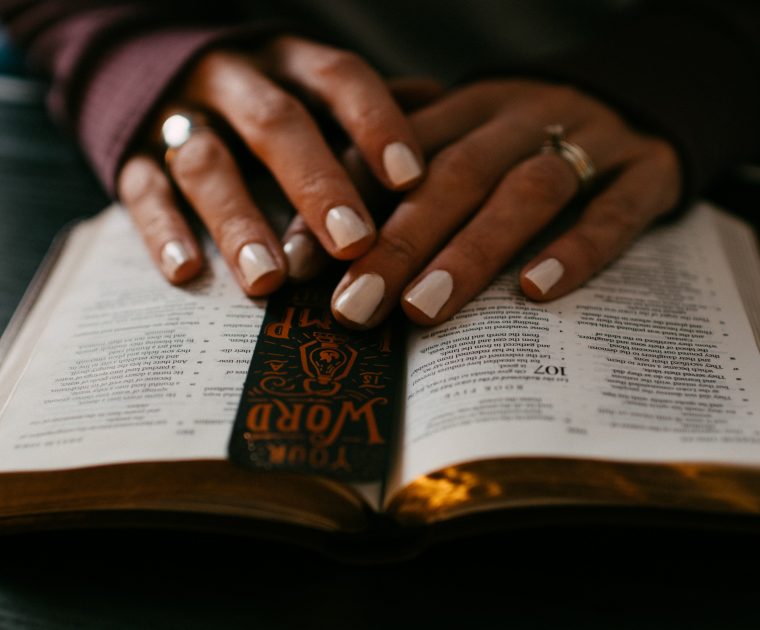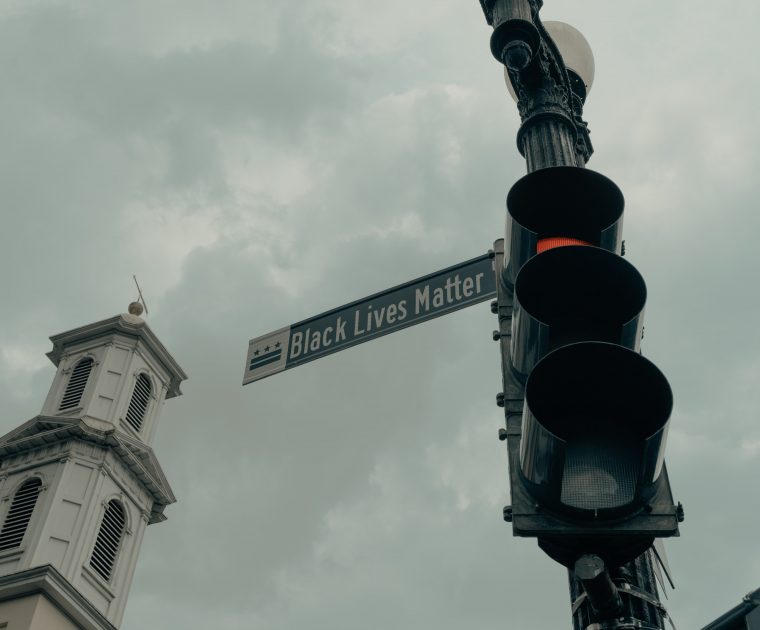As the holiday season gets underway, we are often met with the expectation that the will bring celebratory times. In fact, many dread the holidays. Feelings of anxiety and sadness may increase during what we are (repeatedly) told should be the most joyous time of the year. For those with strained family relationships, holiday gatherings and expectations can be particularly stressful, leaving the holidays to feel more like an emotional minefield.
Kudos to those who enjoy the gifts, the family, and the celebration. There are however, some important things to consider to help us make it through the holiday season with our sense of health intact.
1. Not everyone celebrates holidays or the same holidays. Before offering up generalized greetings and wishes of a Happy Thanksgiving or Merry Christmas, remember that there are many cultural and religious holidays that fall during the latter part of the calendar year. Creating specific holiday rituals (e.g., Secret Santa) may isolate children at school or adults in places of work or social gatherings who do not celebrate similar holidays. Be mindful of how to create inclusive spaces that do not solely represent a dominant religious or cultural belief. Remember, for some, the celebration of any holiday may not reflect their belief system.
2. The holidays can bring painful memories and are a reminder of who is not present. The holidays can serve as a reminder for many of painful childhood or life experiences. Whereas common conversations often include asking others where they will celebrate and with whom, I have worked with many adults that speak to the isolation they feel given the lack of plans or persons to spend time with. Traditions can also lead to reflections of loved ones that are no longer present to share in the memories being created. Don’t assume. If you are able, take the time to check in with a neighbor or friend, and offer an invitation for them to join you if they desire. Keep in mind that the person may not accept, but for many, having an invitation as an option is meaningful.
3. We can bow out of situations that don’t serve us. It can certainly feel like we have no choice but to attend a family get together or work celebration, but is that really true? What will happen if you don’t go? Yes, a relative may say something to you about skipping the annual holiday dinner and you may feel uncomfortable for a short while, but weighed against the discomfort of actually being there, how does it compare? If you must go, determine how long you stay. If there is an expectation that everyone attend the work holiday party, is it important that your boss see you there? Be proactive and give a head’s up that you will need to leave early. Position yourself in the room for maximum visibility, and then leave. It is perfectly fine to say you have another engagement (even if that other engagement is you, in your pajamas, watching movies).
4.We must practice pre-emptive radical self-care if this is difficult time for us. If you are reading this, chances are you already know how this time of year affects you. Prepare for it even if you hope for the best. The basics of self-care are nutrition, rest, and exercise. Protect these things fiercely and then add on other things that bring you joy. Do you like music? Free holiday concerts allow you to enjoy a shared part of the holiday season minus the baggage our family situations. Many advertisements are for buying gifts— don’t give into the pressure to monetize the holidays by purchasing gifts. Also, think about including yourself on the list; buy yourself something you have been eyeing. Most importantly, seek out people and situations that improve your state of mind.
5. Boundaries are our friends. If you haven’t been enforcing boundaries yet, it may feel awkward to begin during the holidays, but it can be done. If you want to avoid awkward conversations, develop a script for cutting such conversations short (and practice it even if you feel weird doing so.) “Mom, we’ve been over this before, so why don’t we just focus on enjoying the family get together right now.” Keep boundaries for yourself as well. People can easily overextend themselves financially, adding to already existing anxiety. Decide how much you can comfortably afford to spend and stick with that amount.
6. Every tradition doesn’t have to be honored. Create a new one. There are so many things we do just because we’ve always done them. It feels strange to try something different, but you can do it. Yes, holiday dinner is always at auntie’s house, but you really can decide to break tradition. Instead of spending money on several gifts for family members, some are opting for solo or family trips instead.
7. Friends can be an excellent stand-in for the families we don’t have!! Sometimes our family is just too toxic for us to safely be around. They exist, but not in a nurturing way. Spending any time with them may compromise our mental health and our dignity. Look for other people who aren’t spending the day with their family and join them. Friendsgivings have really caught on, perhaps because so many people aren’t able to spend the day in the traditional way due to physical or emotional distance. If you can’t find others to spend the day with, can you volunteer to serve food at shelters or do something else meaningful?
As always, seek a mental health professional if you find yourself struggling. A professional can help you map out strategies specific to your situation.




Leave a Reply